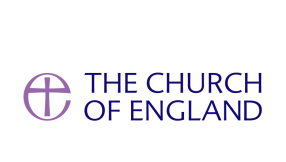Humanists question number of religious in Britain
When asked the former, 61% of people in England and Wales ticked a religious box, while 39% ticked ‘No religion’. Of those who ticked a religious box, 53.48% ticked Christian and 7.22% ticked other religions.
In answer to the latter, ‘Are you religious?’, only 29% of the respondents said ‘Yes’. Sixty-five per cent ticked ‘No’.
Out of those who ticked the ‘Christian’ box to identify their religion, only 48% said they actually believed Jesus Christ was a real person who died and resurrected and was the Son of God.
Asked when they had last attended a place of worship for religious reasons, 43% said they had attended over a year ago and 20% of people said they had never attended. Only 9% of those polled said they had attended a place of worship within the last week.
The Humanist Society of Scotland conducted a similar poll in Scotland, where the census question asks people ‘What religion, religious denomination or body do you belong to?’
When posed with this question, 42% of respondents in the poll answered ‘None’. When asked ‘Are you religious?’, 56% of respondents said they were not, while 35% said they were.
Juliet Wilson, convener of the Humanist Society of Scotland, said the polls suggested that many more people would say in the census that they belonged to a religion than is actually the case.
Andrew Copson, chief executive of the BHA, said the findings were evidence that the census question on religion is “highly misleading”.
For the last few weeks, the BHA has been running a major advertising campaign on public transport networks telling people not to identify themselves with a religion if they are not genuine followers of the faith.
The census question has been defended by Christians, including theology think tank Theos. It said the BHA’s advertising campaign “grossly exaggerates” the extent to which government policy or decisions on spending are shaped by the religious affiliation results of the last census in 2001, in which nearly 72% of the population identified themselves as Christians.
The think tank’s senior researcher Paul Bickley said: “The British people are quite capable of judging for themselves what box they should tick. They don’t need to be told.”













